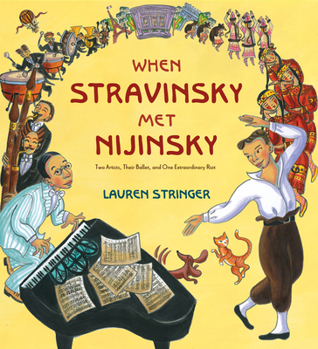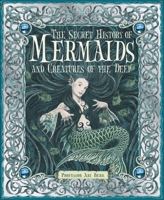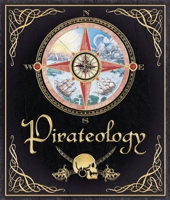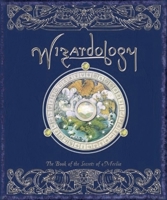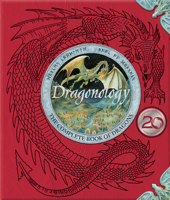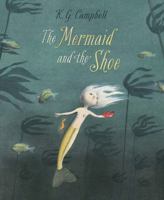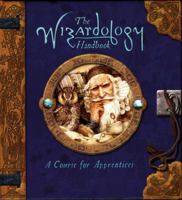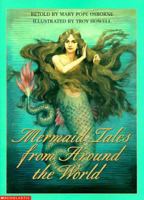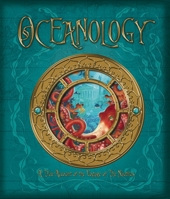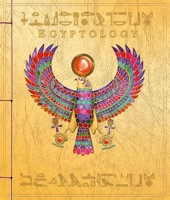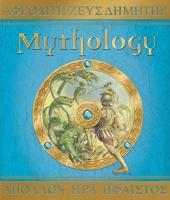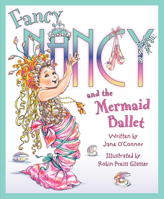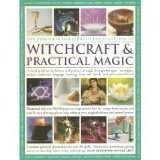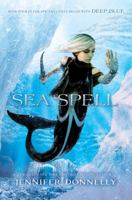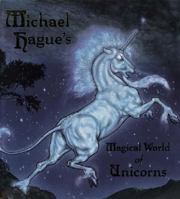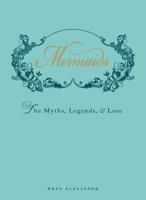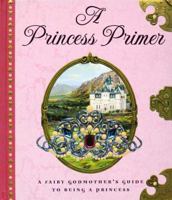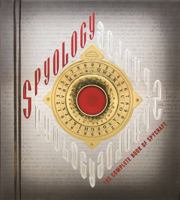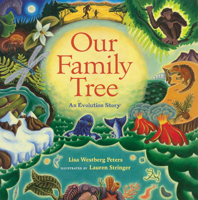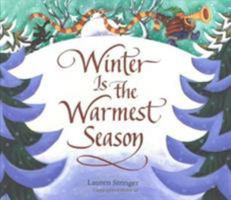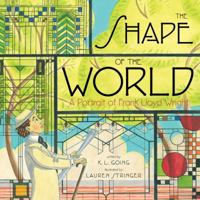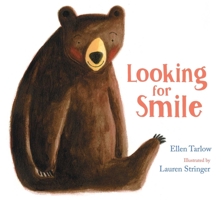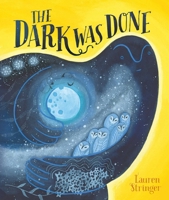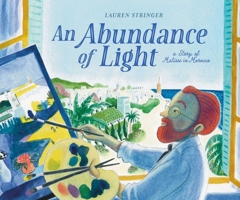When Stravinsky Met Nijinsky: Two Artists, Their Ballet, and One Extraordinary Riot
Select Format
Select Condition 
You Might Also Enjoy
Book Overview
The Russian artists Igor Stravinsky and Vaslav Nijinsky were popular in their time: Stravinsky for music, Nijinsky for dance. When their radically new ballet, The Rite of Spring , was first performed in Paris on May 29, 1913, the reaction was so polarized, there were fistfights and riots Brilliant or disastrous, the performance marked the birth of modern music and dance. Stringer's rhythmic text and gloriously inventive, color-rich paintings capture the wild and imaginative collaboration of composer and choreographer. The fascinating author note includes photos of the dynamic duo and The Rite of Spring dancers.
Format:Hardcover
Language:English
ISBN:0547907257
ISBN13:9780547907253
Release Date:March 2013
Publisher:Clarion Books
Length:32 Pages
Weight:1.10 lbs.
Dimensions:0.3" x 10.0" x 11.0"
Age Range:4 to 7 years
Grade Range:Preschool to Grade 2
More by Lauren Stringer
Customer Reviews
6 customer ratings | 5 reviews
There are currently no reviews. Be the first to review this work.











